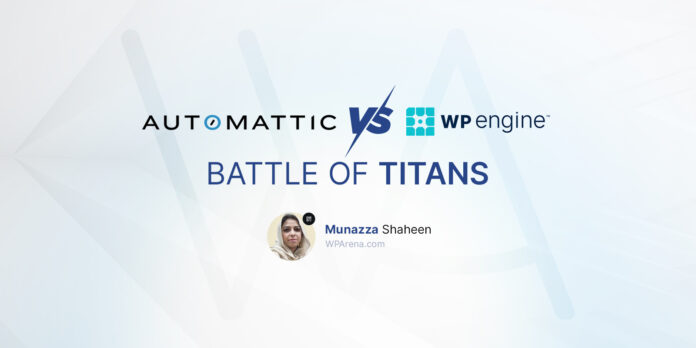If you own a business then scaling your business is everything that you ever dream of.
Expanding their reach, revenue, return, profits, people, is what every company’s long term and short term goals are focussed upon. (It is only natural, only, there is a big BUT)
BUT, planning it at the right time is the key. And every year, thousands of startups fall prey to the deadly jaws of Premature Scaling.
In fact, the Startup Genome Study has found out that almost 90% of businesses do not shut down because of “fierce competition” but rather self-destruction called Premature Scaling.
So if you own a business, let us make you aware of the things that might go wrong and how you can avoid them. Read on.
What is (premature) scaling?
Scaling of a business refers to growing your company in terms of hiring employees, customer acquisition and production or market reach. PREMATURE scaling is when you overdo these things with respect to your business’s current capabilities.
So, over-hiring of staff, acquiring an unmanageable number of customers or investing in market expansion beyond your capabilities are what lead to the murder of your business.
What are the risks of Premature Scaling?
1. Funds
Funds are good. They give you a headstart to gather the necessary resources and build a strong infrastructure to support your business model. Or do they?
At the beginning of a startup, while the processes and business are still undisciplined, raising a high amount of capital can bring with it the temptation of unnecessary expenditures.
Also read: 4 ways to save funds for an IT startup
With the money in hand, you try to solve every new problem by throwing money at it – hiring experts out of budget, implementing elaborate software, even leasing a bigger place can prove to be counter-productive in the beginning.
On top of all this, the added pressure from all the investors to see tangible results can be overwhelming and lead to the downfall of the business.
Instead, budgeting the initial funds for your product/service, infrastructure, and existing team – their work, comfort, training (for finance, marketing or business process training), etc. should be the priority.
2. Business Model
Often times, at the start of a startup, people have a unidirectional focus on MAXIMIZING outputs and profits, instead of optimizing them.
Putting in extra efforts in production, bringing in customers and draining the last possible penny out of them.
Also read: Pro Tips To Strengthen Online Repute Of Your Business
This might not be a deadly sin of a business but there is always a better chance of growth if you focus on taking feedbacks and making your solution/service better accordingly. Instead of just concentrating on the immediate gains and profit, building a business model with long-term customer relations is a better way of gradually but successfully scaling one’s company.
3. Staff
In hopes of achieving too much too soon can backfire badly when it comes to hiring employees.
Right after the launch, many startups get on with hiring more and more people when they do not even have clear job responsibilities for everyone. Many startups even hire experts and specialists when they do not even need it.
The story of every great startup goes something like – We came together, built a team and figured out how things are done. And this is how it is supposed to be.
The right time for employee onboarding is when you know that your current situation has reached its limits and workload needs to be divided further. This also shrinks the risk of wrong hiring.
4. Services/products
The biggest investment of any business is its product or service. However, selling a product, to your customers, that does not add any value for them is the biggest pitfall of a startup. And sadly, this happens more times than imaginable when companies sell an idea to its customers when the actual product is not really an innovative feat.
The only rule here is that before launching a new product or upgrading existing products, doing a thorough customer survey is crucial. Only then will you be able to deliver what the customer actually needs. This will not only make your customers happy and relations stronger but also build your brand image in the market.
5. Customers
The last important loop in the chain is customer acquisition. Startups invest hefty amounts into marketing and customer acquisition. Which is a positive exercise but only when your business model, team and product is ready to satisfy that volume of customers.
Furthermore, finding the right target market and researching enough to design your product accordingly is also a vital aspect of a business.
Also read: What Marketing Do Customers Take Notice Of?
So instead of jumping into a heap of random leads, which grow cold or disengaged after a while, you should focus on market research. This will help your business to gain momentum and authentic (read – valuable) customers.
Lastly, the top-most priority for any new business should not be growth but sustainable growth under good leadership. As your business will grow, the risks will grow with it but once you manage to sustain it on its own, it will flourish. And this can only happen with a gradual scaling.





